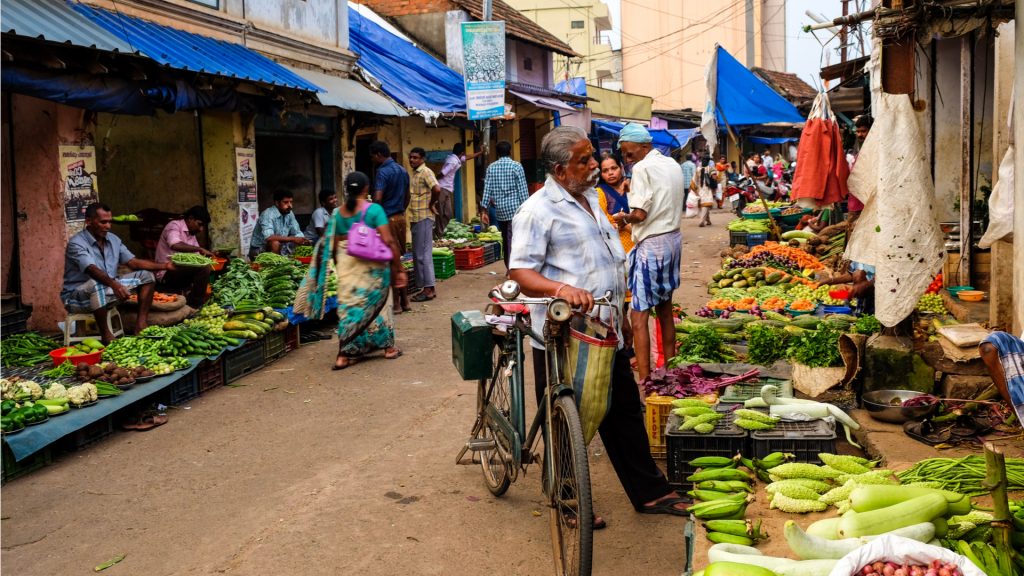The UAEs Ministry of Climate Change and Environment (MoCCAE) has banned the import of fruits and vegetables from Kerala (India) and animal products from South Africa, following the recent outbreak of Nipah virus (NiV) in the southern state.
Preliminary information indicates that the primary host of the disease is the fruit bat, where the virus is transmitted through secretions from the bat to the fruit that it feeds on or touches. Mangoes, dates, and bananas are the bats most preferred fruit. There have been cases of transmission of the disease among humans and between humans and animals as well.
The ministry noted that these measures are aimed at ensuring healthy and safe food for consumers, enhance biosecurity levels, and eliminating pathogens before they enter the country.
The first decision came based on the information received and published by the World Health Organisation (WHO) on the registration of a Nipah outbreak in Kerala.
Additionally, Bahrain has also imposed a temporary ban on imports of fruits and vegetables from Kerala as fears grew over an outbreak of the deadly virus in the Indian state, added another news report.
Based on UAE Federal Law No. 10 of 2015 on food safety and through its management of the fast food alert system, the ministry banned the imports of fresh vegetables and fruits from Kerala. It also issued a circular to the concerned local authorities including the Abu Dhabi Food Control Authority and the municipalities of Dubai, Sharjah, Ajman, Umm Al Qaiwain, Ras al-Khaimah, and Fujairah to prevent the entry of all kinds of fresh vegetables and fruits from Kerala.
Ban on South African animal products
The ministry has also banned imports of live animals from South Africa, based on a notification from the World Organisation for Animal Health (OIE) of the registration of Rift Valley Fever disease. The precautionary measures include:
1. Banned the import of all kinds of live animals (sheep, goats, cattle, buffaloes, camels, gazelles) and their non-heat-treated by-products from South Africa.
2. Banned the import of live animals (sheep, goats, cattle, buffalos, camels, gazelles) and their non-heat-treated by-products from the infected Letsemeng province.
3. However, thermally treated products from all parts of South Africa have been cleared for import. “MoCCAE spares no effort to provide healthy and safe food to consumers in accordance with best international practices in order to enhance consumer confidence in the safety of food traded in the country. The ministry works relentlessly to achieve its strategic objectives in promoting food safety and sustainability of local production in line with the UAE Vision 2021. The UAE places the highest priority on food safety and relies on stringent control systems with regard to imported food in order to protect consumer health,” the ministry said in a statement.

